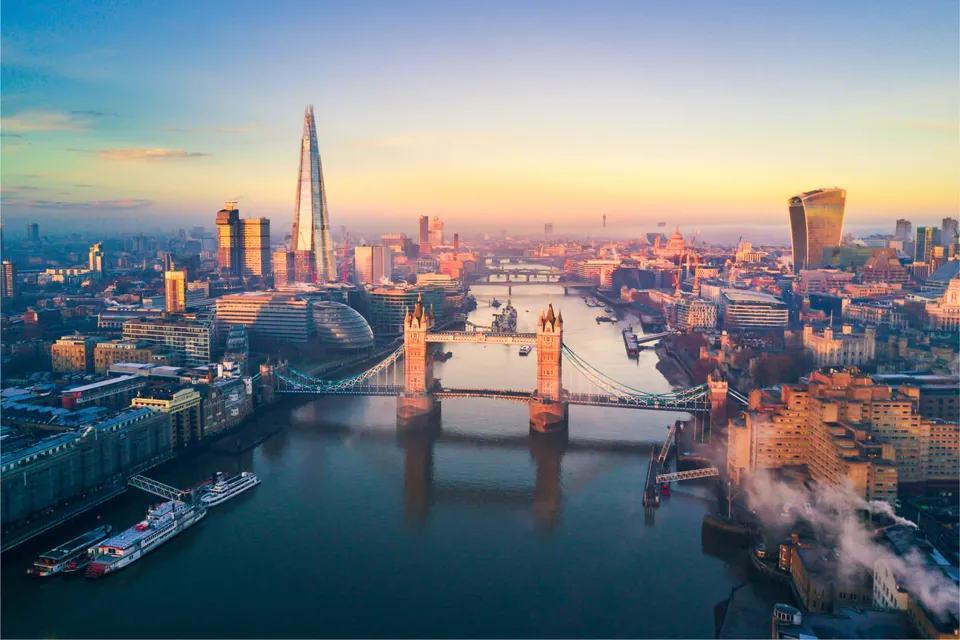The re-introduction of the congestion charge and ultra-low emission zone (ULEZ) from today (Monday, May 18), as well as planned price hikes, has been blasted by fleet trade associations.
Cash-strapped Transport for London (TfL) announced it was switching both schemes back on after securing a £1.6 billion bailout from the Government, last week.
Furthermore, the congestion charge will be increased from June 22, with drivers forced to pay £15 rather than £11.50 per day including weekends – rather than just on weekdays as current rules stipulate.
In addition, operating hours will be temporarily increased in the evening, extending a further four hours from 6pm to 10pm.
Both the congestion charge and ULEZ were suspended when the lockdown was first introduced.
Gareth Powell, TfL’s managing director for surface transport, said: “In the last few weeks, the capital has become a greener, cleaner place and we are determined to keep it this way.
“To prevent the city clogging up, and to support the greater levels of walking and cycling that will vital to London’s re-start, we are reinstating road user charging schemes and making walking and cycling easier and safer than ever before.”
However, Natalie Chapman, head of urban policy at the Freight Transport Association (FTA) says the decision will have a detrimental impact on the fleet industry’s efforts to help re-start the capital’s economy.
“Logistics businesses are fully committed to assisting the restart of London’s economy, but today’s decision could actually have a detrimental effect on that work,” she explained.
“Cash-hit operators that have not been able to work for the past eight weeks are themselves working hard to recover their own business finances but having to accommodate additional road charges will penalise that growth significantly.”
Chapman says that the suspension of road charging schemes was “extremely welcome”, but to re-introduce road charging without any notice “smacks of opportunism” and threatens the green shoots of recovery, while also jeopardising many businesses as they look to work their way out of the crisis and rebalance their books.
Gerry Keaney, chief executive of the British Vehicle Rental and Leasing Association (BVRLA), added: “Both central government and local authorities across the UK are currently digging deep to support businesses through this crisis. Now is not the time to hit people with extra costs at short notice.
“The Government is looking to industry to kickstart the economy and the decision to reintroduce and increase charges to drivers and fleet operators risks stifling businesses who are doing their best to keep on with the important job of transporting people and goods across the capital.
“We would have preferred to have seen a continuation in the suspension of charges to give businesses more time to get on their feet.
“More notice would have also been welcomed as this will hit commercial vehicle operators particularly hard.”
Chapman argues that the needs of London’s businesses have effectively been ignored.
She asked: “How are shops to be supplied, restaurants and cafes to be stocked and the rest of the capital’s economy to obtain the products it needs when those charged with delivering these needs are to be punitively taxed at a time when their own industry is in recovery?
“Logistics, like the rest of London, is far from back to ‘business as usual’, and the capital’s supply chain should be exempt from these charges.”
She concluded: “The Government payment of £1.6 billion to TfL was intended to help the organisation in its own recovery processes, and this should be used to encourage London residents to walk or cycle, creating increased cycling and walking access on roads and, where possible, move people safely back onto public transport, to discourage use of private cars.
“Logistics operators have been forgotten in this bailout and are being expected to stage their own financial recovery while facing punitive charges at a time when many have been unable to work for the past eight weeks.”





















Login to comment
Comments
No comments have been made yet.